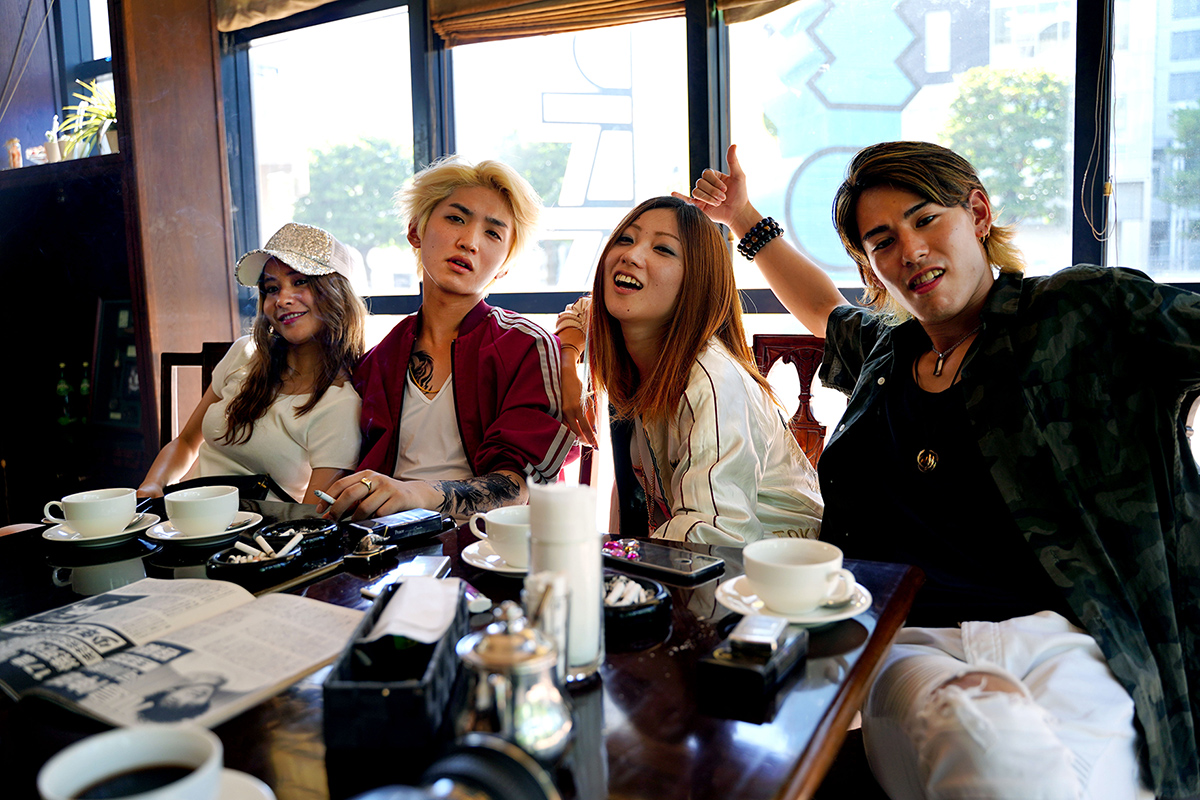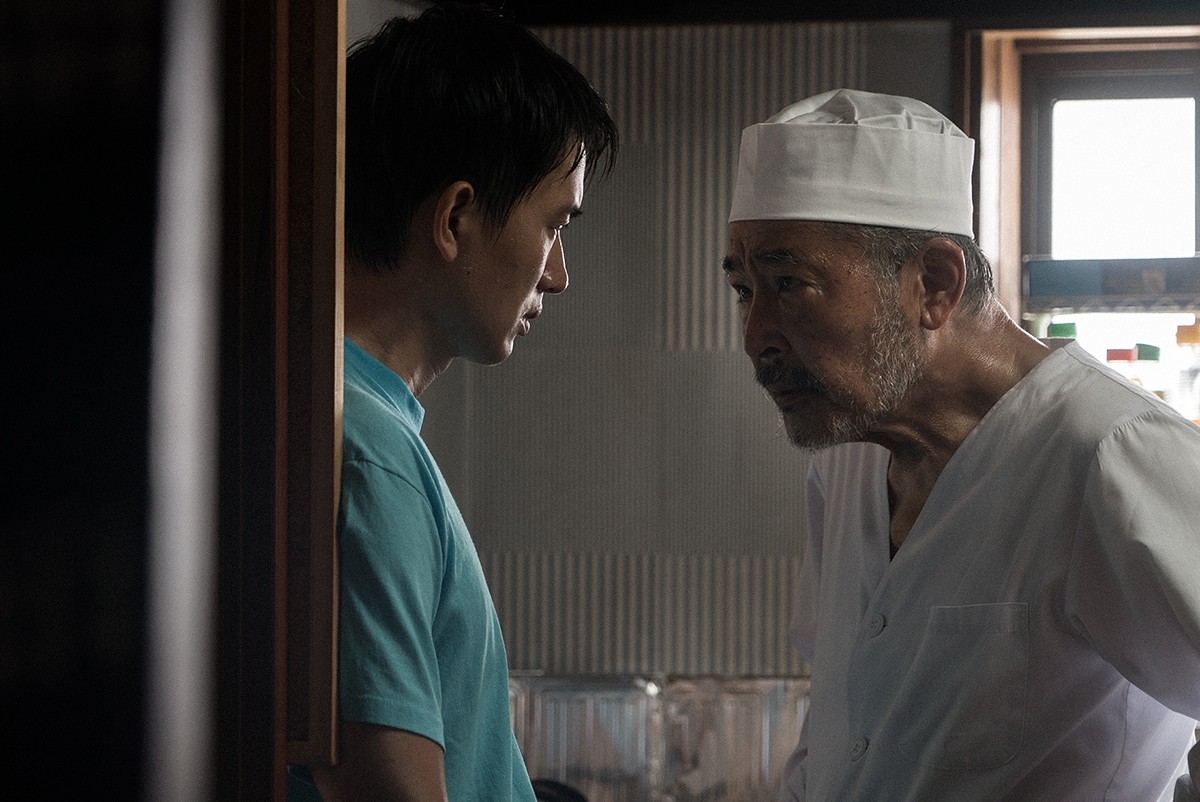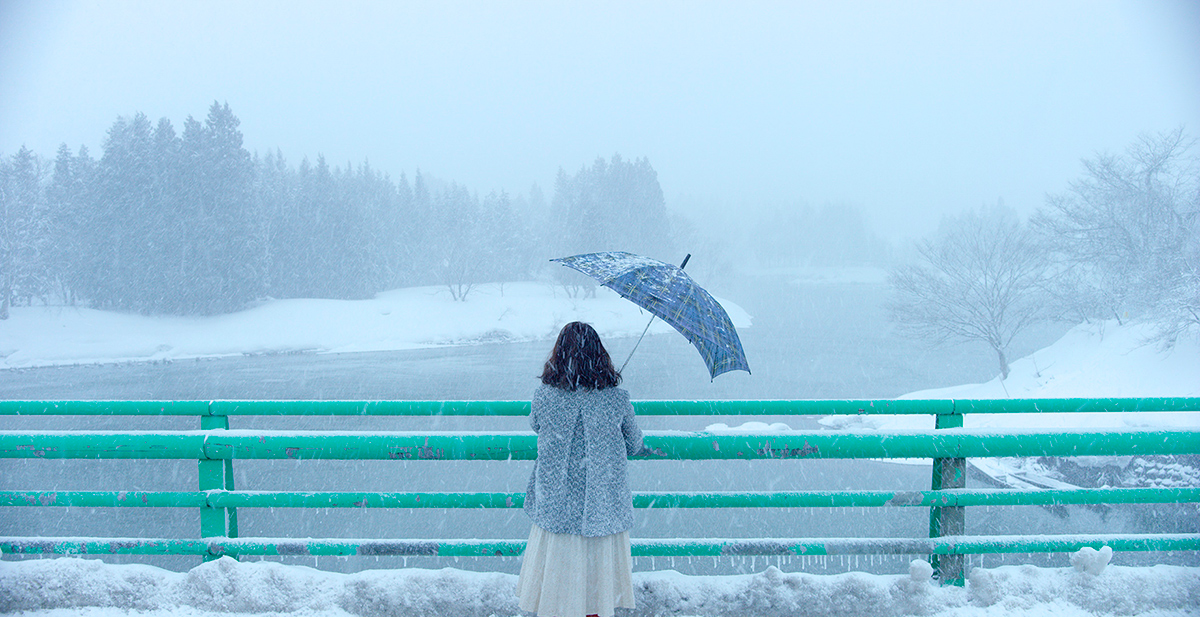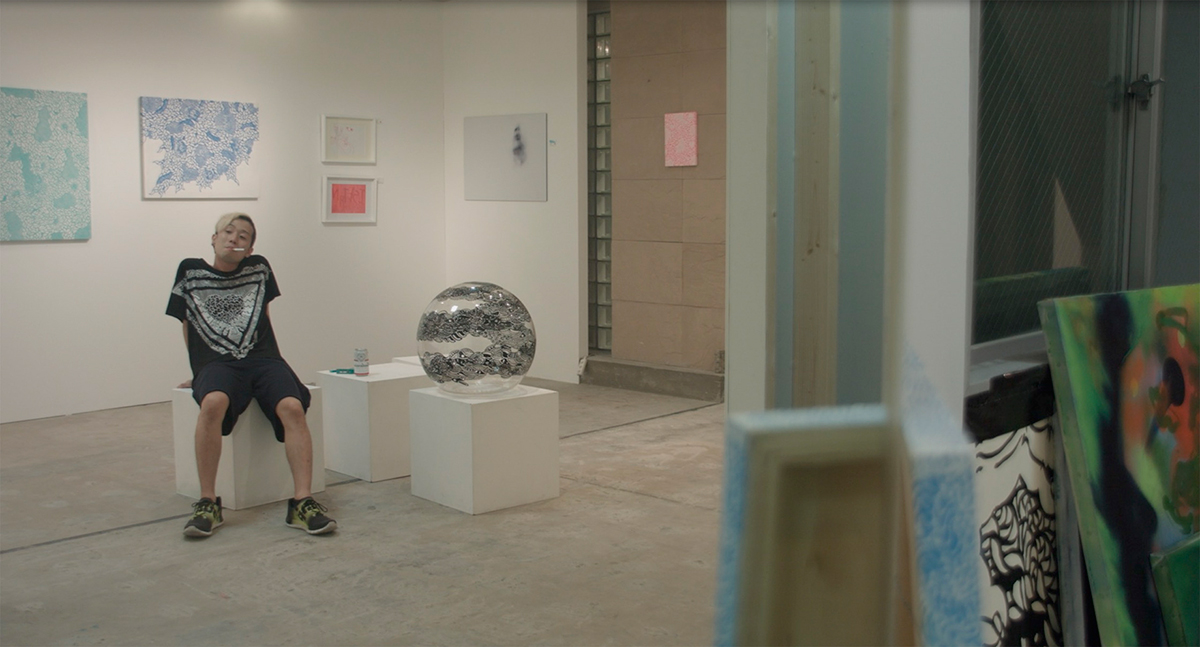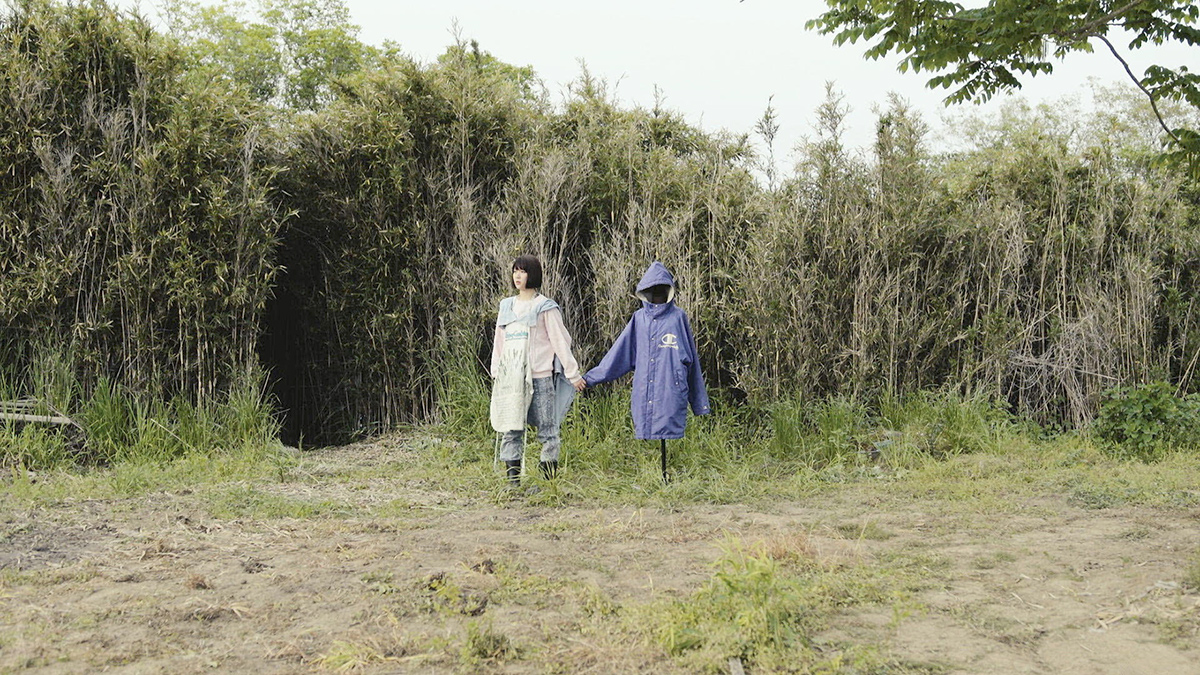Made in Japan
A brutal murder by a minor happens along the river of an industrial area. Kyoichi works at a factory nearby and happens upon an article about the crime in a magazine. He realizes the culprit was a subordinate at the place he worked part-time a while ago. When Kyoichi posts this realization on Twitter, he is inundated with interview requests from the mass media. So, he accepts an offer from a reporter. The latest by Matsumoto Yusaku is a 30 minute short which takes on media sensationalism and that buzzword of the times “fake news” through the story’s developments. He aims to ask important questions about whether or not the mass media acknowledges and takes responsibility for lies compounded by more lies after they gobble up and sensationalize a story. Conversely, he also seeks to question the populace’s seeming disinterest in learning the actual truth to the latest media scandals, challenging unempathetic attitudes in either creating, consuming, or propagating information in the age of social media. The trailer below again displays Matsumoto’s penchant for holding …

